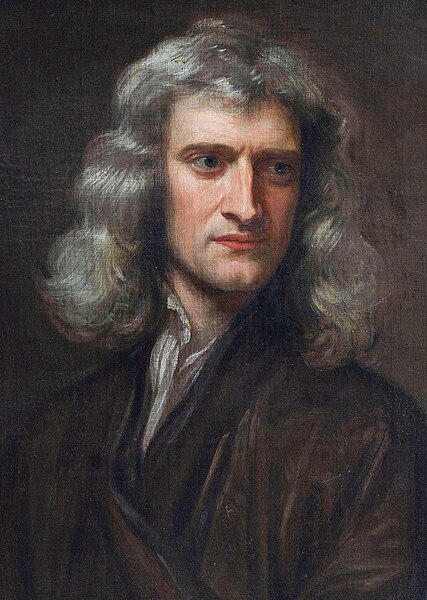Awards, lectures and medals of the Royal Society
The Royal Society presents numerous awards, lectures and medals to recognise scientific achievement. The oldest is the Croonian Lecture, created in 1701 at the request of the widow of William Croone, one of the founding members of the Royal Society. The Croonian Lecture is still awarded on an annual basis, and is considered the most important Royal Society prize for the biological sciences. Although the Croonian Lecture was created in 1701, it was first awarded in 1738, seven years after the Copley Medal, which is the oldest Royal Society medal still in use and is awarded for "outstanding achievements in research in any branch of science".
The premises of The Royal Society, who present the various awards, prize lectures and medals
The Royal Society, formally The Royal Society of London for Improving Natural Knowledge, is a learned society and the United Kingdom's national academy of sciences. The society fulfils a number of roles: promoting science and its benefits, recognising excellence in science, supporting outstanding science, providing scientific advice for policy, education and public engagement and fostering international and global co-operation. Founded on 28 November 1660, it was granted a royal charter by King Charles II as The Royal Society and is the oldest continuously existing scientific academy in the world.
Entrance to the Royal Society at 6–9 Carlton House Terrace, London
John Evelyn, who helped to found the Royal Society
Mace granted by Charles II
Sir Isaac Newton FRS, President of Royal Society, 1703–1727. Newton was one of the earliest Fellows of the Royal Society, elected in 1672.





